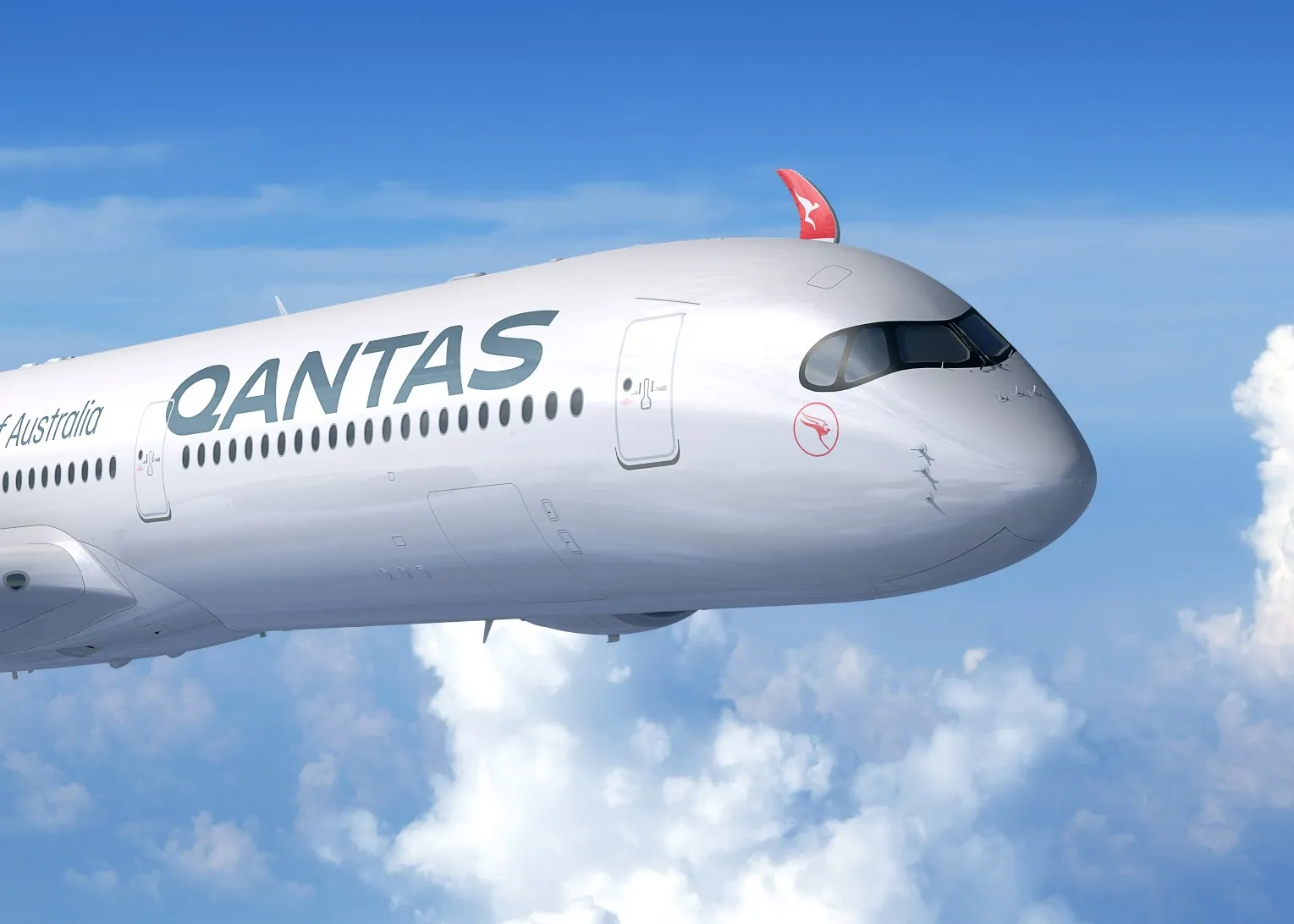
Qantas pilots to vote directly on Sunrise deal
Mar 02, 2020

Qantas pilots are set to participate in a direct vote regarding a proposed deal with the airline, which aims to address various aspects of their employment conditions. This decision comes amid ongoing negotiations that have raised concerns over pay, working hours, and job security. The outcome of the vote will significantly impact the future dynamics between the pilots and the airline’s management, as both sides seek to reach an agreement that satisfies operational needs while ensuring fair treatment for the pilots. The vote underscores the importance of pilot input in shaping their work environment and terms of employment.
The recent decision by Qantas to allow its pilots to vote directly on the Sunrise deal has generated significant interest within the aviation industry. This move indicates a shift in how negotiations and agreements are approached, prioritizing transparency and direct involvement of pilots in decision-making processes. In this article, we will explore the details surrounding this development, its implications for Qantas pilots, and how it affects the overall landscape of the airline industry.
Understanding the Sunrise Deal
The Sunrise deal is a comprehensive agreement that outlines various operational and financial aspects aimed at improving efficiency and performance at Qantas. By involving pilots directly in the voting process, the airline is fostering a culture of inclusivity and collaboration. This initiative is particularly important in the context of recent challenges faced by the aviation sector, including fluctuating demand and operational disruptions.
The Significance of Direct Voting
One of the most notable aspects of this decision is the empowerment of pilots. By allowing them to vote directly on the Sunrise deal, Qantas is acknowledging the importance of their insights and experiences. This can lead to several benefits:
- Enhanced Engagement: Pilots feel more connected to the company's strategic decisions, leading to higher morale and job satisfaction.
- Improved Communication: Direct voting fosters open dialogue between management and pilots, helping to bridge gaps and address concerns more effectively.
- Stronger Consensus: When pilots are involved in decision-making, the likelihood of reaching a consensus increases, potentially leading to smoother implementation of the deal.
Charting the Progress of the Sunrise Deal
To better understand the key components of the Sunrise deal, the following table outlines its primary elements and potential impacts on Qantas operations:
| Key Component | Description | Potential Impact |
|---|---|---|
| Operational Efficiency | Streamlining flight operations and crew management. | Reduced delays and increased on-time performance. |
| Financial Incentives | Performance-based bonuses for pilots and crew. | Increased motivation and productivity among staff. |
| Safety Enhancements | Investment in advanced safety technologies and training. | Improved safety records and reduced incidents. |
| Environmental Initiatives | Measures to reduce carbon footprint and promote sustainability. | Positive impact on brand reputation and compliance with regulations. |
Anticipated Outcomes for Qantas Pilots
The direct voting process is expected to yield several positive outcomes for Qantas pilots:
- Increased Trust: By allowing pilots to have a say, Qantas is building trust between its management and workforce, which is crucial for long-term success.
- Better Representation: Pilots' unique perspectives can lead to more representative outcomes, ensuring that the deal aligns with their needs and expectations.
- Greater Accountability: Management is held accountable for the decisions made, knowing that pilots are directly involved in the voting process.
The Broader Impact on the Aviation Industry
Qantas' decision to allow direct voting on the Sunrise deal could set a precedent for other airlines. As the industry continues to evolve, there is a growing recognition of the need for collaboration between management and staff. Other airlines may follow suit, leading to:
- Increased Employee Involvement: A shift towards more employee-centric decision-making processes across the aviation industry.
- Improved Labor Relations: A potential reduction in conflicts and disputes as employees feel more valued and heard.
- Enhanced Industry Standards: Establishing new benchmarks for transparency and engagement in labor negotiations.
Conclusion
Qantas pilots voting directly on the Sunrise deal marks a significant development in the airline's approach to employee engagement and decision-making. By prioritizing transparency and collaboration, Qantas is not only enhancing morale among its pilots but also setting a new standard within the aviation industry. The outcomes of this vote could have far-reaching implications, influencing how airlines navigate their operational challenges while maintaining a strong focus on employee satisfaction and engagement.
As the aviation landscape continues to evolve, the successful implementation of the Sunrise deal may serve as a model for other airlines looking to foster stronger relationships with their pilots and improve overall operational efficiency.
Related Articles

Explore Thailand: The Best Islands to Visit for Paradise, Adventure, and Relaxation

The Ultimate Guide to the Best Islands in Thailand for Your Next Getaway

Do babies need passports? How to get a passport for a newborn

How to get a U.S. passport fast: here’s how to expedite the process

What is Mobile Passport Control: 5 reasons why you should use it

SENTRI vs. Global Entry: A detailed guide

Do you need a passport to go to the Bahamas? Let’s find out

Do you need a passport to go to Mexico? A detailed guide

Do you need a passport to go to Canada? We got the answer

Do You Need a Passport for a Cruise: An Essential Travel Guide

Booster Seat Requirements: All the Rules to Follow in Your Rental Car

What Are the World’s Most Powerful Passports, and How Does Yours Rank?

How to Take a Passport Photo at Home: A Helpful Guide

You've got to have heart! Southwest's new livery

Your opinion: Should water be free on low cost carriers?

Young women bolder than guys as solo travellers
